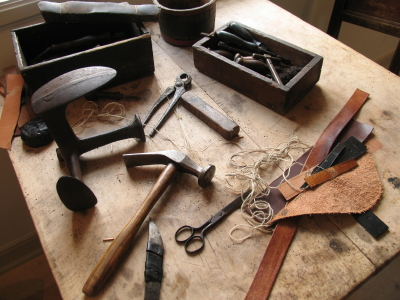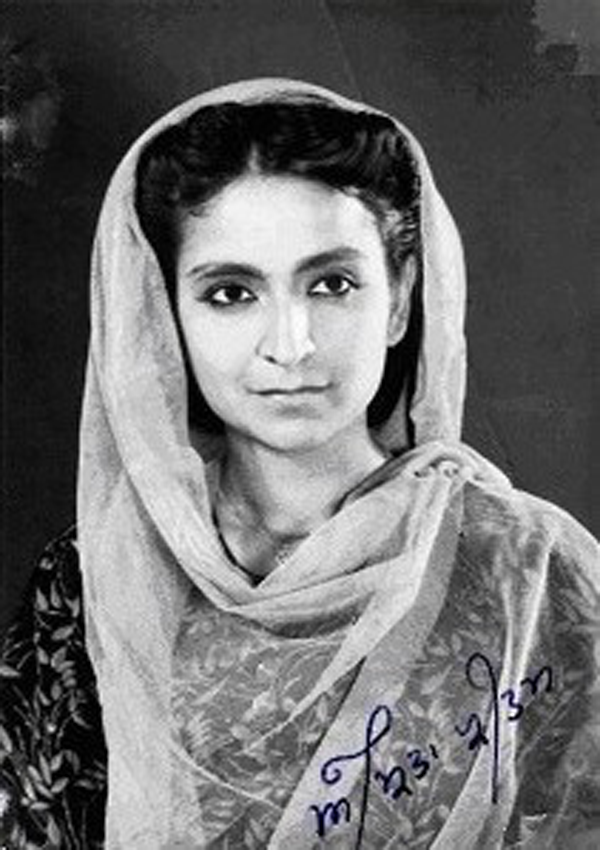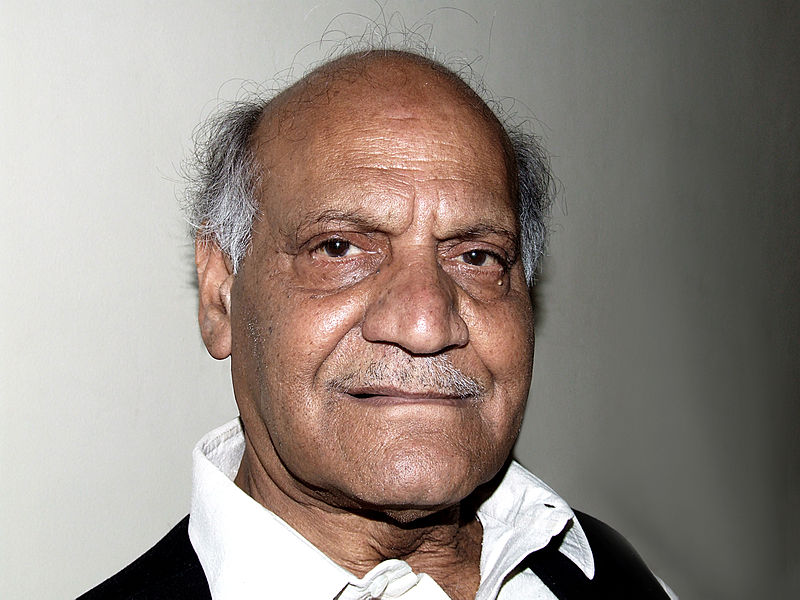
I chose to write about a Punjabi poem titled “Kwai Temple,” from Devneet Singh’s other wonderful poems in his poetry book ‘ Hun Stalin Chup Hai’ -meaning Stalin is silent now. I selected ‘Kwai Temple’ not only because it is one of my favorite poems but also to use it to serve another special purpose which I will explain further on. Unlike my other blog posts on Know Your Poets, this time I am saving his poem until the end of my post for reasons you will see.
I mentioned Enheduanna in my post, What is Poetry and What Makes People Write it. Poetry has come a long way since Enheduanna, the earliest known female poet in recorded history. She lived in Mesopotamia, now modern day Iraq, 5000 years ago. It was here in Mesopotamia that the wheel is considered to have been invented, and the obsession human beings have with manipulating words. Making them rhyme, not rhyme, evoke a certain mood, intentionally using longer words, shorter words, all to convey a message the poet may or may not even know himself or herself. The story of poetry has evolved through the ages, cultures, and has survived all kinds of rough climates, including political ones! The journey of poetry has truly been amazing. Equally amazing is the fact that with all its excitement of experimentation and innovation packed into these centuries, the most recent 300 years of poetic history is just about a match for the preceding 4,700!
But from reading the various articles in literary magazines in the U.S. India, Pakistan, and elsewhere, it seems fairly obvious that not everyone is pleased with its status in our time period and respective societies. For Punjabi poetry, in particular, readers aren’t buying poetry collections, and there is a lack of readers. The reasons, aside from the politics of language, is murky, but there are many who try to offer their analysis, some which is well reasoned, others that are all about doom and gloom.
Some claim it is the unprofessionalism of the industry that is partly to be blamed for this impasse. Even for a great story collection of collection of poetry – even for one story and one poem, there aren’t enough serious readers or listeners in Punjabi, complains the writer, Trilochan Lochi one of the well known Punjabi poets and singers in Punjab. He laments this idea in his Ghazal , “ Be-surean de Shehr ‘ch Lochi, Kis Nu Ghazal Sunai Jai” meaning – in this unharmonious city, who should the singer, Lochi sing his ghazal to?” And this is the impasse we are facing today.
The lack of actual readers. It is something afflicting the U.S. Literary scene as well, where there are more people who think they can write a poem than those who actively read poetry because of a passion for reading, which every poet worth their salt has at some point in their lives.
Through the debate running through literary circles, I am reminded of Waris Shah’s Heer, when Ranjha decides to leave Takhat Hazara, his ancestral home. The Hazara community pleads with him not to leave his birth place and his brothers even cast their turbans under his feet, the ultimate act of begging him not to leave. Many believe that today the opposite is true, where instead of fostering an environment where the Punjabi language and its literature can flourish, people are being asked subtly and not so subtly, to leave for many reasons, including political, economic, and what have you. I have devoted a lot of energy towards being part of efforts to further Punjabi language programs here in California, and it is a stepping stone.
But as a poet, my job is not to assess the marketplace. It is simply to continue to create my poems. Someone made a comment on a Facebook post I wrote about why those who have emigrated out of Punjab continue to write in Punjabi and maintain a connection. The reason is not very difficult, and I will use a quote by a poet I have a lot of respect for, who understands this feeling well: Pablo Neruda. He writes, “I grew up in this town, my poetry was born between the hill and the river, it took its voice from the rain, and like the timber, it steeped itself in the forests.” While the literal things that connect my poetry with Punjab may be different, the metaphors and feelings are very much the same.
Returning to what I had mentioned at the beginning of this post: Devneet’s poem, “Kwai Temple.” Before I offer any analysis or critique of this wonderful poem, I am pasting it below for you to read and make up your own minds. So take a moment to make of this poem what you will. Below the Gurmukhi version is a rough English translation that gives you the meaning, but takes away the poetry:.
Kwai Temple
‘ਕਵਾਈ ਟੈਂਪਲ‘
ਪਤਨੀ ਦੀ ਜ਼ਿੱਦੀ ਸਵੇਰ
ਮੈਨੂੰ ਮੰਦਰ ਦੇ ਰਾਹ ਲੈ ਤੁਰੀ ਹੈ
ਪਤਨੀ ਚੌਕ ’ਚੋਂ ਫੁਲ ਖਰੀਦ ਰਹੀ ਹੈ
ਮੈਂ ਸਤਪਾਲ ਮੋਚੀ ਦੇ ਅੱਡੇ ਕੋਲ ਹਾਂ
ਸੱਤਪਾਲ ਆਉਂਦਾ ਹੈ
ਜੁੱਤੀ ਦੂਰ ਲਾਹੁੰਦਾ ਹੈ
ਥੜ੍ਹਾ ਤਰੌਂਕਦਾ – ਸਵਾਰਦਾ ਹੈ
ਕੰਧ ਤੇ
ਰੰਗਬਰੰਗੇ ਫੀਤੇ, ਤਲੇ ਸਜਾਉਂਦਾ ਹੈ
ਛੋਟੀ ਤੋਂ ਸ਼ੁਰੂ ਕਰ ਵੱਡੀ
ਫਿਰ ਉਸਤੋਂ ਵੱਡੀ
ਰੰਬੀਆਂ ਦੀ ਲਾਰ ਲਾਉਂਦਾ ਹੈ
ਧੋਤੀ ਹੋਈ ਕਵਾਈ
ਥੜ੍ਹੇ ਵਿਚਕਾਰ ਰਖਦਾ ਹੈ
ਪਤਨੀ ਮੈਨੂ ਫੁੱਲ ਫੜਾ
ਅੱਗੇ ਤੁਰ ਪੈਂਦੀ ਹੈ
ਮੈਂ ਪਿੱਛੇ ਮੁੜਦਾ ਹਾਂ
ਕਵਾਈ ਤੇ ਫੁੱਲ ਰੱਖ
ਘਰ ਵਾਪਸ ਪਰਤਦਾ ਹਾਂ “।
“Wife’s morning stubbornness takes me to the direction of the Temple. On the way she buys flowers; I stand next to Satpal Mochi’s
(shoemaker) empty shoe stand. Satpal arrives at his stand. Takes off his shoes. Sprinkles and sweep cleans the stand with water. He decorates the side wall with colorful ribbons and new soles. Holding scrapers big and small, he ducks them in a row size wise. He washes the Kwai and places the washed Kwai in the middle of the stand. Wife hands me half the flowers and proceeds forward to the Temple. I take a step back. I place the flowers on the Kwai and head home.”
To reiterate, please do ponder over this poem before moving on to the next paragraph.
I discussed this poem with my friend and well known short story and novel writer, Gurbachan Bhullar. The implication here according to him is that the shoe maker, Satpal performs all rituals and ceremonies in his Kwai Temple each morning like any devotee of any place of worshio does for whatever reasons associated to that faith. He takes off his shoes, sprinkles water, sweeps clean the place, and arranges all his tools of trade needed for his day’s work in the proper places. He bathes his God, Kwai, and begins his daily worship and devotion to day’s hard work ahead. The major theme echoing through this poem is one of hypocrisy. It is enough for the Pandit–Bhai with a two time attendance saying prayer once in the morning and another in the evening and the Mullah with five times of Namaz, which allows them to be recognized by the community as pious. Yet we as a community do not value other commitments or other people who are committed. Satpal’s recitation with hard work prayer continues uninterrupted from early morning till dark, late in the evening, even though he receives no recognition for it. Which begs the question: why does he do it? And the beauty of poetry, much like its twin, the short story, is that it doesn’t have to provide an answer. And I don’t have one. I simply enjoyed the language of the poetry and I hope you did too!
What did you make of the poem?



Leave a Reply